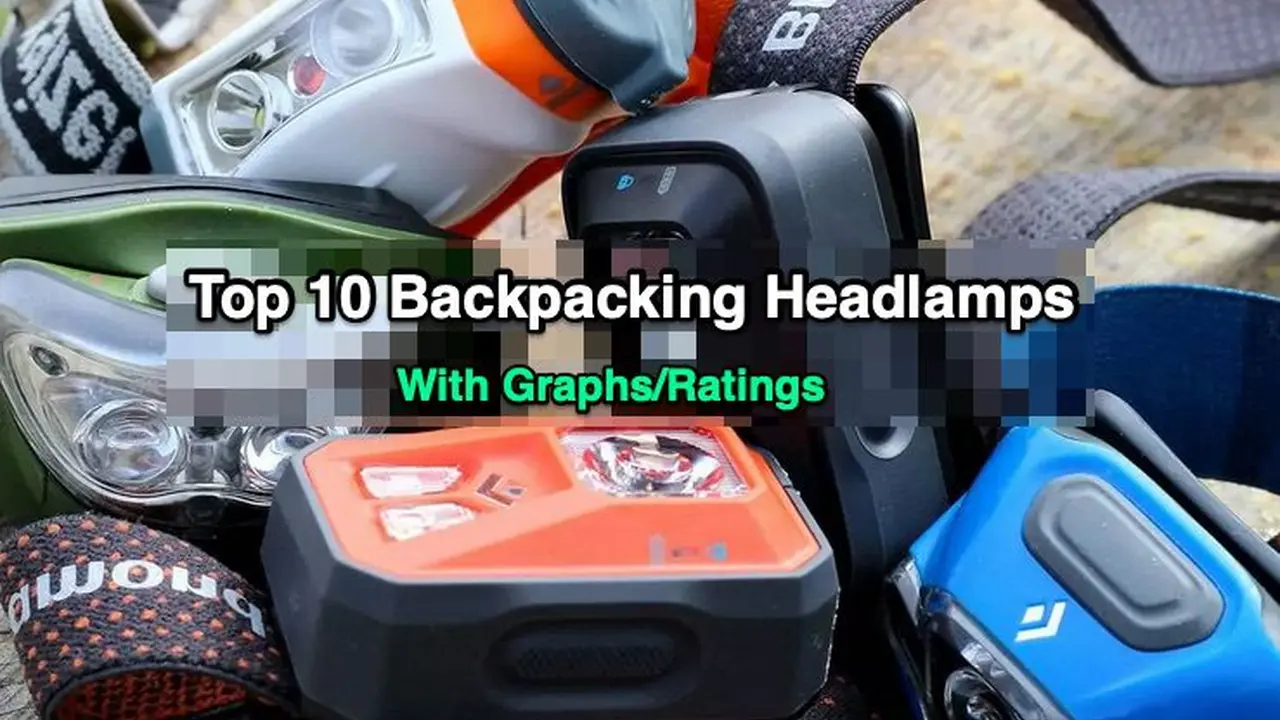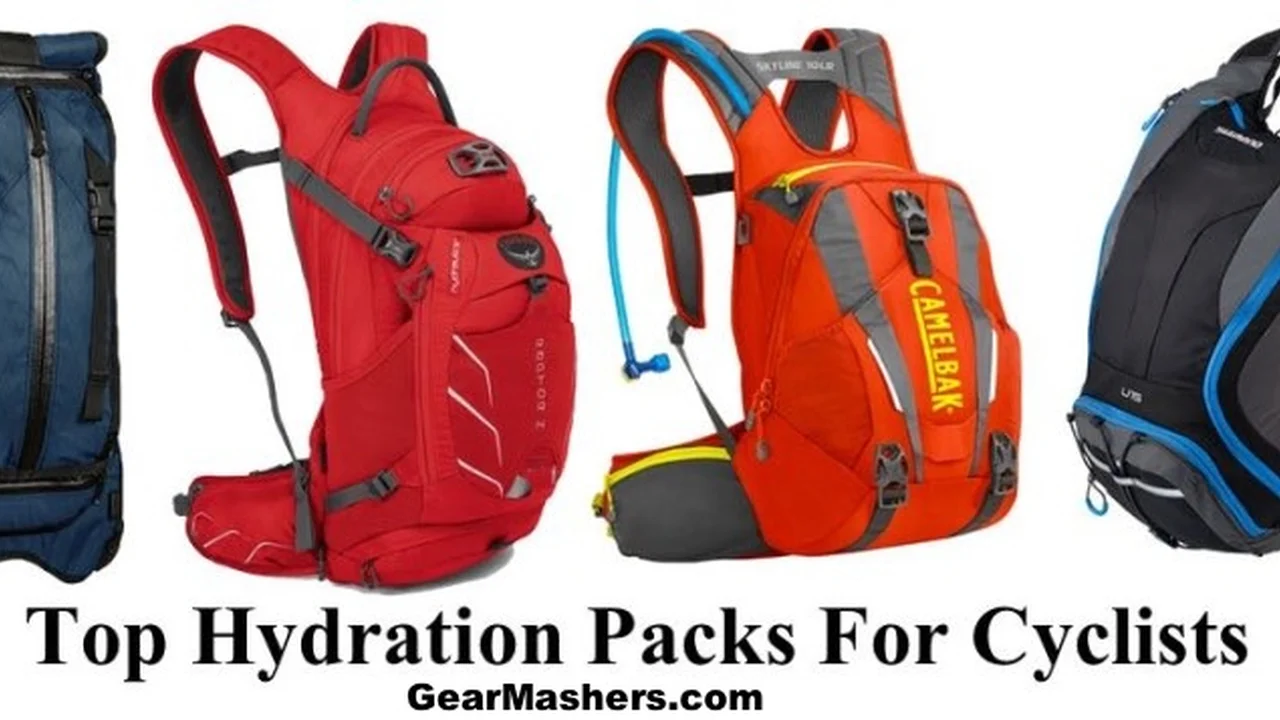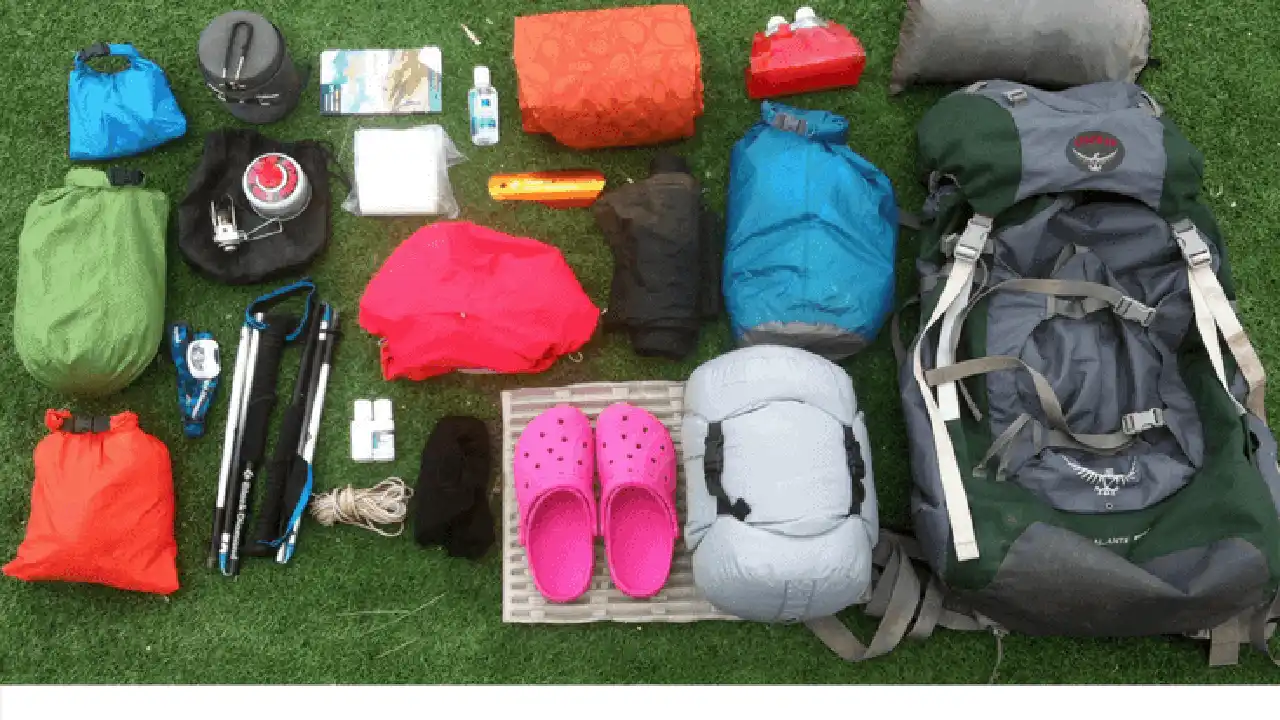Making Friends in Hostels_ Tips
Essential safety tips for staying in hostels, including securing your belongings, being aware of your surroundings, and trusting your instincts. Protect yourself and your valuables while traveling.

Hostel Security 101 Keeping Your Belongings Safe
Alright, so you've booked yourself into a hostel. Awesome! It's a great way to meet people and save some cash. But let's be real, you're sharing a room with strangers. First things first, invest in a good padlock. Seriously, don't skimp on this. It's your first line of defense. Use it on your locker, even if you're just popping out for a quick shower. Don't leave valuables lying around on your bed. Keep them locked up or on your person. Think about it – would you leave your phone and wallet on a park bench? Didn't think so. Treat your hostel dorm the same way. Consider a small, portable travel safe for extra peace of mind. These are relatively inexpensive and can secure smaller items like your passport, phone, and cash. When you're out and about, especially in crowded areas, be aware of your surroundings. Keep your backpack zipped and close to your body. Don't flash expensive jewelry or electronics. Basically, don't make yourself an easy target.
Awareness is Key Staying Safe in a New Environment
Hostels are usually pretty safe, but it's always good to be aware of your surroundings. Pay attention to who's coming and going. If someone gives you a weird vibe, trust your gut. Don't be afraid to ask the hostel staff for help if you feel uncomfortable. They're there to assist you. When you're heading out for the night, let someone know where you're going and when you expect to be back. This could be a fellow traveler, a hostel staff member, or even a friend back home. Share your location with someone you trust. There are apps like Google Maps and Find My Friends that make this easy. Avoid walking alone at night, especially in unfamiliar areas. Stick to well-lit streets and travel in groups if possible. If you're using public transportation, be aware of your belongings and surroundings. Pickpockets are common in many cities, so keep your valuables close.
Trust Your Instincts When in Doubt Speak Up
Seriously, this is the most important tip. If something feels off, it probably is. Don't ignore your gut feeling. If you're in a situation that makes you uncomfortable, remove yourself from it. Don't worry about being polite or offending someone. Your safety is the priority. If you see something suspicious, report it to the hostel staff or the local authorities. Don't hesitate to speak up if you feel threatened or unsafe. Remember, you're not alone. There are people who care about your well-being and want to help. Learn a few basic phrases in the local language, like \"help\" and \"police.\" This could be useful in an emergency situation. Keep a copy of your passport and other important documents separate from the originals. This will make it easier to replace them if they're lost or stolen. Email a copy to yourself too, just in case.
Recommended Safety Gear For Hostels
Let’s talk gear. While a padlock is your bare minimum, a few other items can seriously boost your peace of mind.
Door Stop Alarm
These little gadgets are cheap and effective. They wedge under your door and emit a loud alarm if someone tries to open it. Great for added security when you're sleeping. You can find these on Amazon for around $10-$20.
Personal Safety Alarm
A small, loud alarm you can carry on your keychain. If you feel threatened, activate it to draw attention to yourself and deter potential attackers. These are super affordable, usually under $15.
Portable Door Lock
These add an extra layer of security to your hostel door. They’re easy to install and prevent anyone from opening the door from the outside, even with a key. Expect to pay around $20-$30 for a decent one.
Comparing Safety Products Features and Prices
So, which safety gadget is right for you? Let’s break it down:
Padlocks
- Features: Basic security, easy to use.
- Pros: Affordable, essential for lockers.
- Cons: Can be picked, not foolproof.
- Price: $5 - $20
Door Stop Alarms
- Features: Loud alarm, easy to install.
- Pros: Deters intruders, adds peace of mind.
- Cons: Only works when you’re inside, can be triggered accidentally.
- Price: $10 - $20
Personal Safety Alarms
- Features: Loud alarm, portable.
- Pros: Easy to carry, attracts attention in emergencies.
- Cons: Requires batteries, only useful in direct threat situations.
- Price: $10 - $15
Portable Door Locks
- Features: Extra layer of door security.
- Pros: Prevents unauthorized entry, good for peace of mind.
- Cons: Can be tricky to install, may not fit all doors.
- Price: $20 - $30
Example Scenario Using a Portable Door Lock
Imagine you're in a hostel in Bangkok. You've got a lower bunk and feel a bit exposed. Before you go to sleep, you attach your portable door lock. This adds an extra barrier, making it much harder for anyone to enter your room unnoticed. Even if they have a key, they'll have to work at it, giving you time to react. It's all about layers of security.
:max_bytes(150000):strip_icc()/277019-baked-pork-chops-with-cream-of-mushroom-soup-DDMFS-beauty-4x3-BG-7505-5762b731cf30447d9cbbbbbf387beafa.jpg)






